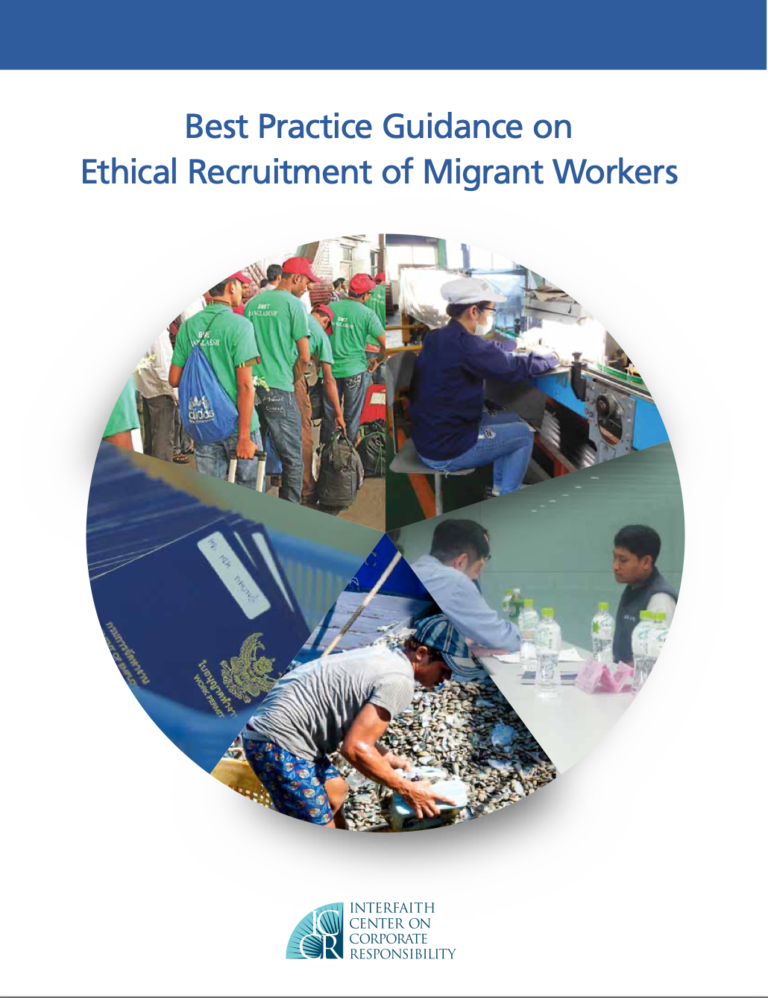Almost 21 million people (a conservative estimate) are trapped in conditions of forced labor that generates over $150 billion in profits for other parties. Of these workers, over 75% are exploited within the traditional private sector, especially in industries such as agriculture, apparel, construction, electronics and manufacturing.
Poverty, displacement, job scarcity and wage disparity all create financial burdens for workers at the bottom of global supply chains that may drive them across borders seeking jobs. The ILO estimates that over 150 million workers left their home countries in 2013 in search of a job, and that number is increasing every year. Unethical recruiters often charge workers the equivalent of thousands of dollars in fees to secure employment. These fees could cover a range of services from work placement to orientation, transportation to the country, daily transportation to the worksite, housing and other services. Migrant workers in fear of being deported, without access to adequate grievance mechanisms in their host countries, are prime targets for exploitation as forced laborers. This exploitation takes a number of forms including debt bondage, collateral, illegal deductions from wages and confiscated or restricted access to travel documents like passports, permits and visas that limit workers’ freedom of movement.

